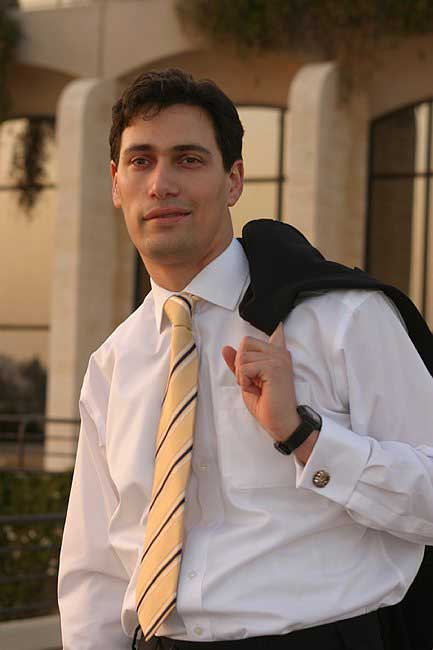Never mind Katrina, Europe has its own problems
It was only a couple of months ago that Europeans were gloating at America's social ills following Hurricane Katrina.
Now it seems Europeans have their own problems to worry about. As the French riots continue into their eleventh night, and as riots are also being reported in Denmark, Europe's political elite continue to be in denial.
Many commentators have sought to blame the riots on uniquely French problems such as high unemployment and the lack of multiculturalism. But they are missing the point. Even in Sweden which has some of the most liberal policies towards Immigrants, there has been simmering discontent. Parts of Malmo, Sweden's third city have become a no go area for the emergency services.
Behind all the unrest, whether it has been rioting, anti-semitism, or terrorist attacks, Islamic radicals have been fanning the flames, but Europe's politicians believed they could simply manage the impending crisis through a policy of appeasement. The European Union for example, shelved a report on anti-semitism when it was revealed that Muslims were responsible for many of the attacks, whilst in parts of Brussels, the Police have been told not to eat or drink in public when patrolling certain suburbs for fear of offending Muslims during Rammadan.
One or two countries such as the UK have belatedly found the courage to re-assert their values. The UK has finally devised a citizenship test, but lacks the confidence to insist on the knowledge of British values or history and is more concerned with odd facts such as: "Where are Geordie, Cockney and Scouse dialects spoken?" Contrast that with the US citizenship test. As Niall Ferguson notes:
"The effort to Americanise immigrants takes many different forms. However, to qualify for citizenship you need to demonstrate not only your command of English but also "a knowledge and understanding of the fundamentals of the history, and of the principles and form of government, of the United States" by answering a number of questions, such as: "Who said: 'Give me liberty or give me death?' " The answer, which I didn't know, is Patrick Henry, the Virginian revolutionary.......Only if you get the answers right do you get to swear the Oath of Allegiance. And only once you have solemnly pledged to renounce all foreign allegiances, to uphold the Constitution and, if called on to do so, defend the United States, are you finally a citizen of the United States.".
Thomas Jefferson once said that "Eternal vigilance is the price of liberty", but for the past 50 years, Europeans have had an exaggarated faith in their Government to take care of their liberty for them. This is the outcome.

